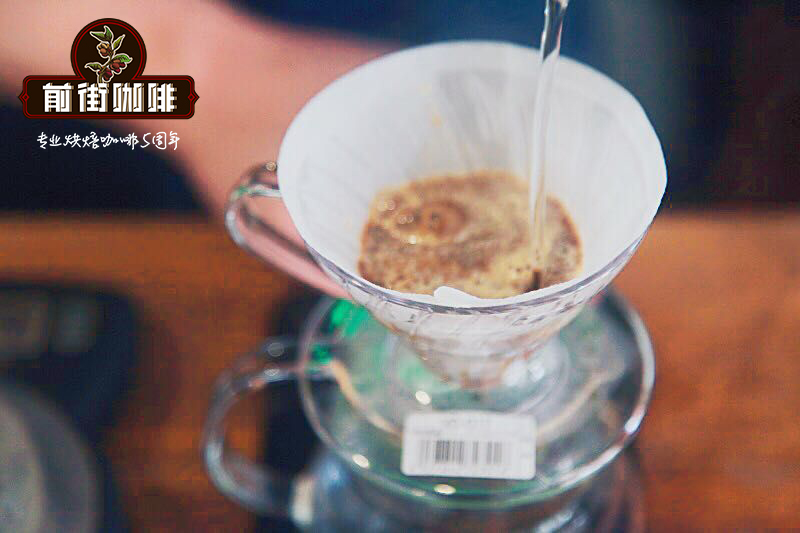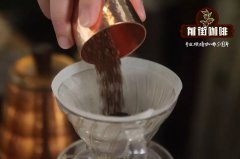Geisha cultivation of Rosa Coffee in Malawi _ Misuku Hills original Horticultural Geisha in Missouku Village

Professional coffee knowledge exchange more coffee bean information please follow the coffee workshop (Wechat official account cafe_style)
Caffeine beans:
Native breed of GS (Geisha Natural Sundry) Malavi geisha
From Misuku Hills Missouri Manor, Malawi
Small farmers grow: only 5-10 trees per household
Country of origin: Malawi, Africa (MALAWI)
Origin: Misuku Mountains Chitipa
Treatment: 100% alpine sun
Species: geisha / Geisha native species
Altitude: 1800-2200 m
Tree species: native species of geisha
Soil: laterite
Temperature difference between day and night: 10-20 degrees
Harvesting method: manual selection
Baking degree: medium baking
Flavor: rich aroma of rose peach / wild ginger / longan
The cup tests the taste of the wind:
Dried incense: honey / red guava
Wet fragrance: red guava / soft sour aroma / fruit fudge / rose peach aroma / wild ginger flower / longan / orange fruit taste / tail rhyme flower / fruit sweet taste
Malawi
Malawi
Population: 16363,000
2013 production (60 kg / bag): 30000 bags
Coffee taste:
Malawian coffee is mostly sweet and pure, but it does not have the explosive fruity and complexity of coffee from other East African regions.
Coffee produced in Malawi is rarely distinguished by origin, and coffee-producing areas can be regarded as areas where coffee is grown, rather than by local soil or microclimate.
Coffee was introduced to Malawi in the late 19th century, and although Malawian coffee production initially excelled, it soon failed because of poor soil, pest management and control, as well as the rise of Brazilian coffee. Malawi has lost its competitiveness.
Malawian coffee varieties are polarized. There are many high-profile varieties of Rosa in Central America. In addition, disease-resistant katimos are found everywhere, but the quality is usually poor.
END
Important Notice :
前街咖啡 FrontStreet Coffee has moved to new addredd:
FrontStreet Coffee Address: 315,Donghua East Road,GuangZhou
Tel:020 38364473
- Prev

Pawangba Malawi AA Organic Coffee Bean Taste Characteristics Description_Malawi Coffee Bean Processing Introduction
Professional coffee knowledge exchange More coffee bean information Please pay attention to coffee workshop (Weixin Official Accounts cafe_style) Malawi is located in a landlocked country in southeast Africa, growing at an altitude of 13001500 meters. Pawangba Malawi processes raw beans by traditional washing method and places them in tanks for fermentation. Roast Degree: Light and Medium Roasted Raw Beans Hand-selected Flavor Description: Full and mellow
- Next

How to bake Malawian coffee beans from the sun of a geisha in Misuku Missouri, Malawi?
Professional coffee knowledge exchange more coffee bean information please follow Coffee Workshop (Wechat official account cafe_style) MALAWI GEISHA country: Malawi name: Malawi Coffee Geisha Sun production area: Misuku Mountains, Chitipa Grade: 85 points (COE Cupping 2015) altitude: 1800-2250 m treatment: sun drying, scaffolding drying,
Related
- Does Rose Summer choose Blue, Green or Red? Detailed explanation of Rose Summer Coffee plots and Classification in Panamanian Jade Manor
- What is the difference between the origin, producing area, processing plant, cooperative and manor of coffee beans?
- How fine does the espresso powder fit? how to grind the espresso?
- Sca coffee roasting degree color card coffee roasting degree 8 roasting color values what do you mean?
- The practice of lattes: how to make lattes at home
- Introduction to Indonesian Fine Coffee beans-- Java Coffee producing area of Indonesian Arabica Coffee
- How much will the flavor of light and medium roasted rose summer be expressed? What baking level is rose summer suitable for?
- Introduction to the characteristics of washing, sun-drying or wet-planing coffee commonly used in Mantenin, Indonesia
- Price characteristics of Arabica Coffee Bean Starbucks introduction to Manning Coffee Bean Taste producing area Variety Manor
- What is the authentic Yega flavor? What are the flavor characteristics of the really excellent Yejasuffi coffee beans?

